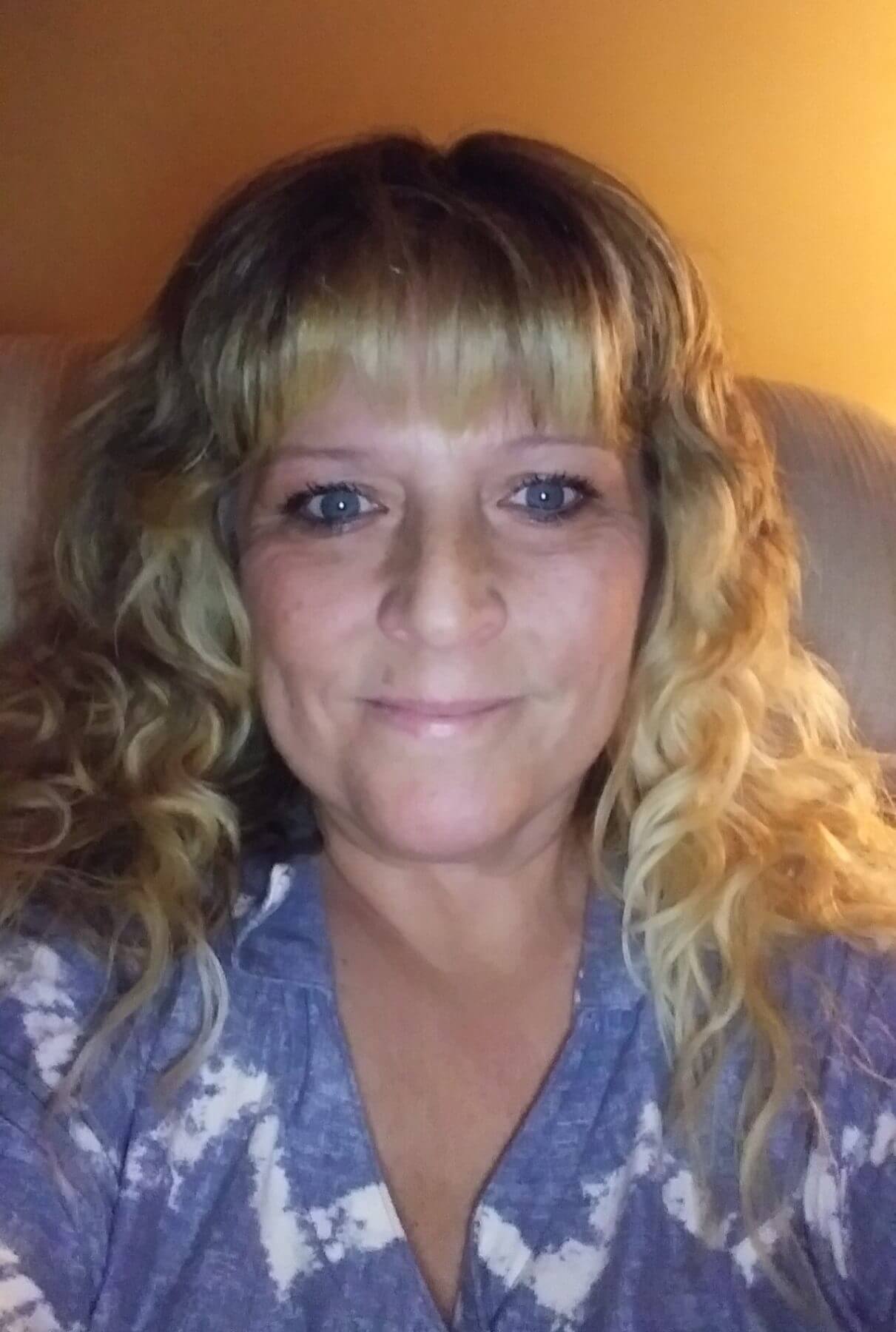How LifePath’s Personal Care Attendant Program Makes a Difference

Siiri Paton has been a Personal Care Attendant (PCA) to her boyfriend Justin Anderson since 2017, after he experienced a traumatic brain injury and stroke. “It made the most sense for me to do that for him,” recalls Siiri.
LifePath’s PCA Program fosters independence in individuals with disabilities by supporting them in the management of their own home-based services. To qualify for the PCA Program, an individual must require physical assistance with two activities of daily living, such as mobility and transfers, medication assistance, bathing and grooming, dressing and undressing, toileting, and feeding. Participants find and hire their own Personal Care Attendants and pay them with funding from MassHealth. PCAs can include family members and friends, although spouses are not yet eligible (legislators are working to change this).
I felt like I had a voice in my care and it alleviated the feeling of being a burden to those I loved.
Siiri appreciates how easy it is to complete the timesheets. “It makes things simple for us. It’s great how [the PCA Program] helps people stay in their homes,” says Siiri.
If PCA participants need help managing the employment of PCAs, they can utilize volunteer surrogates who can help hire, train, and supervise their PCAs. Surrogates can be family members, friends, or volunteers. As of January 2020, participants can also utilize Administrative Proxies to assist with certain functions of PCA management. An Administrative Proxy can be the participant’s legal guardian, a family member, or any other person who is responsible for performing certain administrative functions related to PCA management that the participant is unable or unwilling to perform.

Vicki Miller decided to use the PCA Program after she started experiencing the effects of a neurological condition in 2018. “Throughout the first year I would have days, sometimes weeks, of normalcy. Until that fall, when I could no longer walk without assistance, drive, cook, or do laundry and also lost over 100 pounds, unintentionally. I saw specialist after specialist, hospital after hospital, and still became unable to care for myself or my safety, requiring I either put services in place in 2019 or be put in a rehab/nursing home as I was deemed as having safety concerns living alone,” explains Vicki.
“My 70-year-old mother was with me for every appointment, test, and getting my groceries, which required her to take personal or accrued time off in order to care for me. Originally, after I heard about the PCA program, I knew if approved, she or someone would be compensated for their time,” Vicki recalls.
When asked what she found helpful about the PCA Program, Vicki answered, “I felt like I had a voice in my care and it alleviated the feeling of being a burden to those I loved.”
Both Siiri and her boyfriend Justin, and Vicki, have Marianne Wilkinson as their LifePath PCA Skills Trainer. PCA Skills Trainers help individuals gain approval from MassHealth for PCA services, provide training to participants to become employers of Personal Care Attendants, and provide ongoing support.
“Marianne, she’s great, really friendly, we all got along with her. She’s always very prompt in returning phone calls,” says Siiri.
Vicki says, “LifePath, especially Marianne Wilkinson, was available every time I had a question or to walk me through my responsibilities to my caretakers. I was never made to feel as though I was asking a stupid question . . . most people I’ve been in contact with throughout my crisis would often look at me as though I’d lost my intelligence . . . like since my brain no longer functioned to control my body, it meant I didn’t have one at all. It was/is still a humbling feeling.”
If you are interested in PCA services for you or a loved one, please contact our Information and Caregiver Resource Center (ICRC) by calling 413-773-5555 or 978-544-2259, or via TDD at 413-772-6566, 9 a.m. to 5 p.m., Monday through Friday. You can also contact them anytime by email at info@LifePathMA.org.
If you are interested in becoming a PCA, you can register on the statewide PCA Directory or call 1-888-MASSPCA.